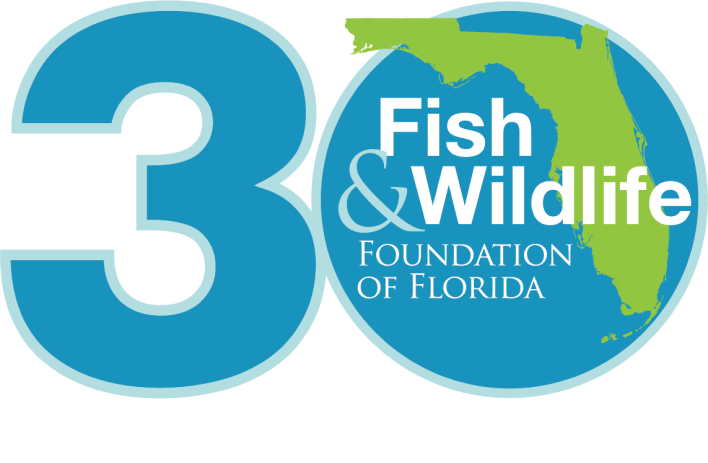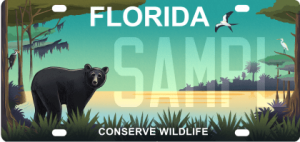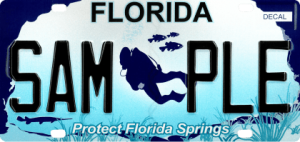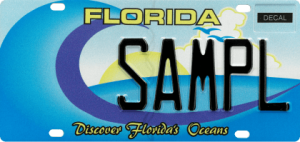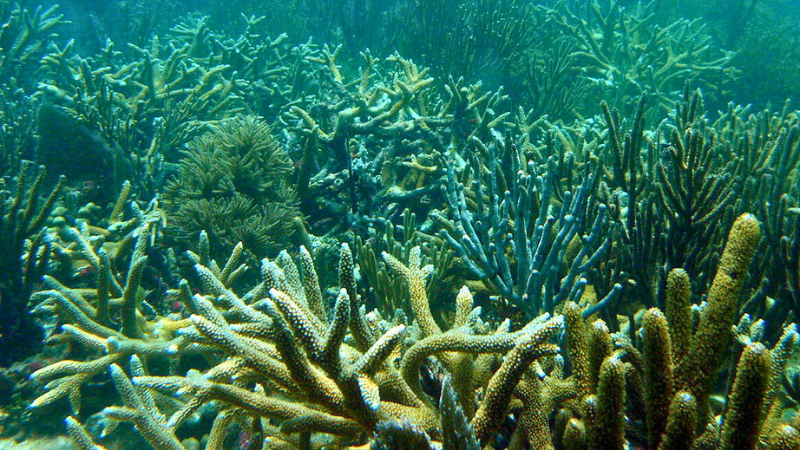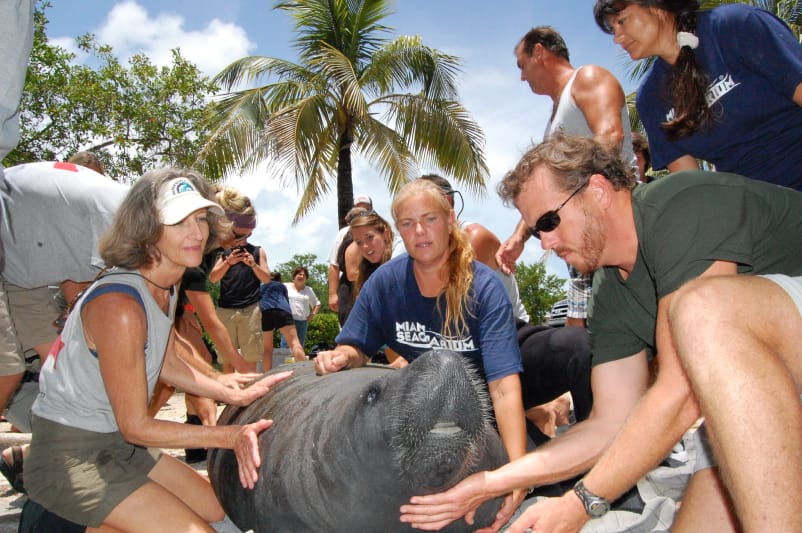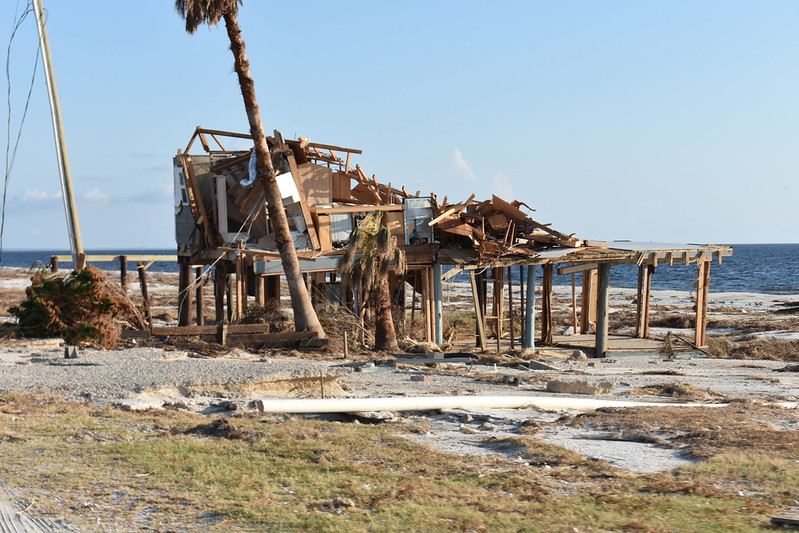
Por: Kyle Grammatica
Ahora que comienza oficialmente la temporada de huracanes, es importante asegurarse de que usted y su familia estén preparados. El impacto de los huracanes en nuestras comunidades es evidente, pero su efecto en el medio ambiente también es profundo.
Muertes de peces por el huracán
Los huracanes a menudo provocan un aumento en la mortandad de peces debido a:
- Cambios en la salinidad – Las inundaciones de agua dulce provocadas por la lluvia o las marejadas ciclónicas salinas pueden atrapar a los peces en aguas con una salinidad inadecuada. Si esto sucede rápidamente y los peces no tienen escapatoria, las especies que no toleran los cambios de salinidad pueden morir.
- Varamientos por inundaciones – La crecida de las aguas puede inundar zonas que normalmente no contienen agua. Los peces pueden quedar atrapados en estas zonas y, cuando el nivel del agua retroceda, pueden quedar varados.
- Bajo nivel de oxígeno disuelto – Cuando los niveles de oxígeno en el agua son demasiado bajos, los peces no pueden obtener la cantidad necesaria para su metabolismo. Varios factores pueden provocar esta condición, entre ellos, la “renovación” y los largos períodos de días nublados.
- Volumen de negocios – En lagos o estanques pequeños, los fuertes vientos pueden empujar el agua superficial hacia un lado del lago. El agua del fondo sube entonces para llenar el espacio de la superficie, trayendo consigo sedimentos y material orgánico. El agua del fondo es naturalmente baja en oxígeno, y los materiales que llegan a la superficie pueden incluir sulfuro de hidrógeno, que en altas concentraciones puede matar a los peces. Las bacterias también suben a la superficie y comienzan a descomponer el material orgánico, consumiendo oxígeno en el proceso. Esto se llama “renovación”, ya que el fondo literalmente se convierte en la parte superior.
- Largos períodos de días nublados – Los organismos microscópicos y las plantas acuáticas producen oxígeno para los ecosistemas acuáticos mediante la fotosíntesis. Este proceso requiere energía de la luz solar para completarse, y los largos períodos de días nublados causados por huracanes pueden impedir la fotosíntesis. Sin la fotosíntesis, los niveles de oxígeno pueden agotarse rápidamente y, como resultado, los peces pueden morir.
Otros efectos ambientales
Los efectos ambientales de los huracanes van más allá de la muerte de peces. Los fuertes vientos y las inundaciones pueden arrancar plantas y matar animales terrestres, devastando áreas naturales. Los huracanes también pueden destruir instalaciones de producción de energía y productos químicos, gasolineras y otros negocios, lo que provoca la liberación de sustancias químicas tóxicas y contaminantes al medio ambiente. También se sabe que los huracanes propagan plantas y animales invasores. El viento y el agua pueden trasladar plantas exóticas a nuevos lugares y los peces invasores que se concentraban en una zona pequeña pueden aprovechar las inundaciones para desplazarse a nuevos lugares y aumentar su área de distribución. Los huracanes también han destruido instalaciones de cría de especies exóticas, como las pitones birmanas, lo que ha permitido que los animales escapen y se establezcan en la naturaleza.
La Fundación trabaja para abordar las pérdidas sociales y ambientales causadas por los huracanes. Después de los huracanes Irma y Michael, donamos más de 1 TP4T250,000 para las tareas de socorro y recuperación. Apoye nuestros esfuerzos para proteger la vida silvestre de Florida donando aquí. Y echa un vistazo Sitio web de FWC para actualizaciones sobre la vida silvestre y las tormentas.
